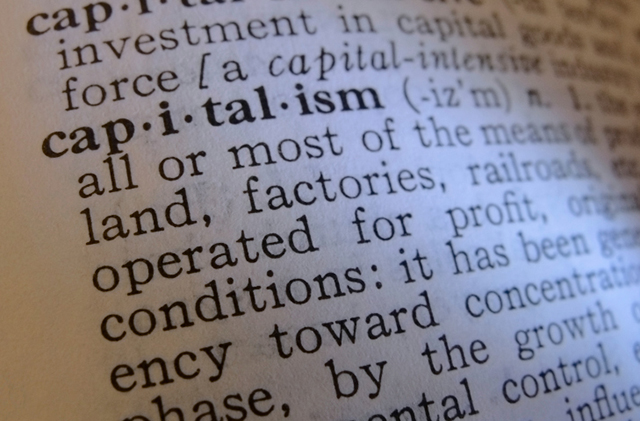In his classic baseball book “Ball Four,” Jim Bouton writes that as a child he longed to be able to run, just once, across the beautiful outfield grass. Yet as an adult and a major league ballplayer, he takes being on the field for granted. “Sometimes I forget to tingle,” he writes.
In our capitalist system, we’re all forgetting to tingle.
Consider one of the good news stories of our times: Car accidents. In March, dozens of cars were destroyed in a pileup near Cleveland. Near Valentine’s Day, as many as 100 vehicles piled up on the Pennsylvania Turnpike. The accident shut the road, and 27 people were hurt. Near Denver, more than 100 vehicles were involved in a third accident. While one person was killed, 30 were injured.
Where’s the good news in all this wreckage? No, it’s not that so many people will be repairing or replacing their cars at a cost of thousands of dollars; that’s too Keynesian. The good news is that, in three incidents involving hundreds of cars smashing together, only one person was killed. Cars are better and safer than ever before.
Let’s give regulation its due: stiffer auto regulations certainly helped make cars safer. But technology played a major part in making those regulations possible. It’s one thing to mandate that cars have anti-lock brakes, or airbags, or side-impact resistance. But writing on a piece of paper doesn’t make people safer; science and engineering had to invent these technologies and competition had to make them affordable before they could become standard equipment in our cars.
A generation ago the lone airbag in a car was sometimes stolen; now cars feature as many as 10. Some are required by regulation, but their proliferation is driven by competition. Try being a used car salesman peddling a car without airbags. You’re not likely to get many takers, regardless of the price.
As author Joe Studwell explains in his book, “How Asia Works,” that’s why there’s no international market for Malaysian cars. While Korean maker Hyundai insisted its cars meet the standards of the U.S. and British car markets, Malaysia’s cars continue to be made to local standards, and they simply don’t sell abroad; they’re cheap, but not safe enough for Americans to buy.
Laws and regulations often lag markets. It was only in 1938 that Congress legislated the 40-hour workweek, more than a decade after Ford had gone to the 40-hour week. “Manufacturers all over the country, and the world, soon followed Ford’s lead,” the History Channel notes, “and the Monday-to-Friday workweek became standard practice.” The 1938 law was simply ratifying common practice. So too with child labor laws.
We also forget to tingle as we eat.
A February lunch in Washington can feature a plate of huge, juicy strawberries. Fresh fruits and vegetables are available and affordable throughout the country all year long. Until recent decades, that wasn’t possible. People bought locally and ate locally because they had to, not because they wanted to.
No government regulation made fresh food available. In fact, deregulation (a word not heard often these days) played a big role. During the late 1970s and early 1980s, the federal government deregulated railroads and trucking, industries that had been subject to severe federal price controls. Predictably, the cost to ship plunged and service improved. It became affordable to send fresh food across the country, and it became commonplace for Americans to eat fresh rather than canned food.
Ironically, we may be killing the golden goose.
In recent decades, California has been the source of our country’s abundant fresh food. Hundreds of crops grow in its climate, and one-sixth of all agricultural production in the U.S. is located in the San Joaquin Valley. Yet much of this land is unused these days, because a court has ordered that tens of billions of gallons of water be pumped out to sea instead of being made available to farmers. Folks who call themselves environmentalists are more interested in protecting a small fish than in feeding a large nation.
That’s not capitalism. It’s the government, working to reverse the gains of capitalism. If you’re tingling in anger, well, you should be.
Originally published in the Washington Examiner.





























